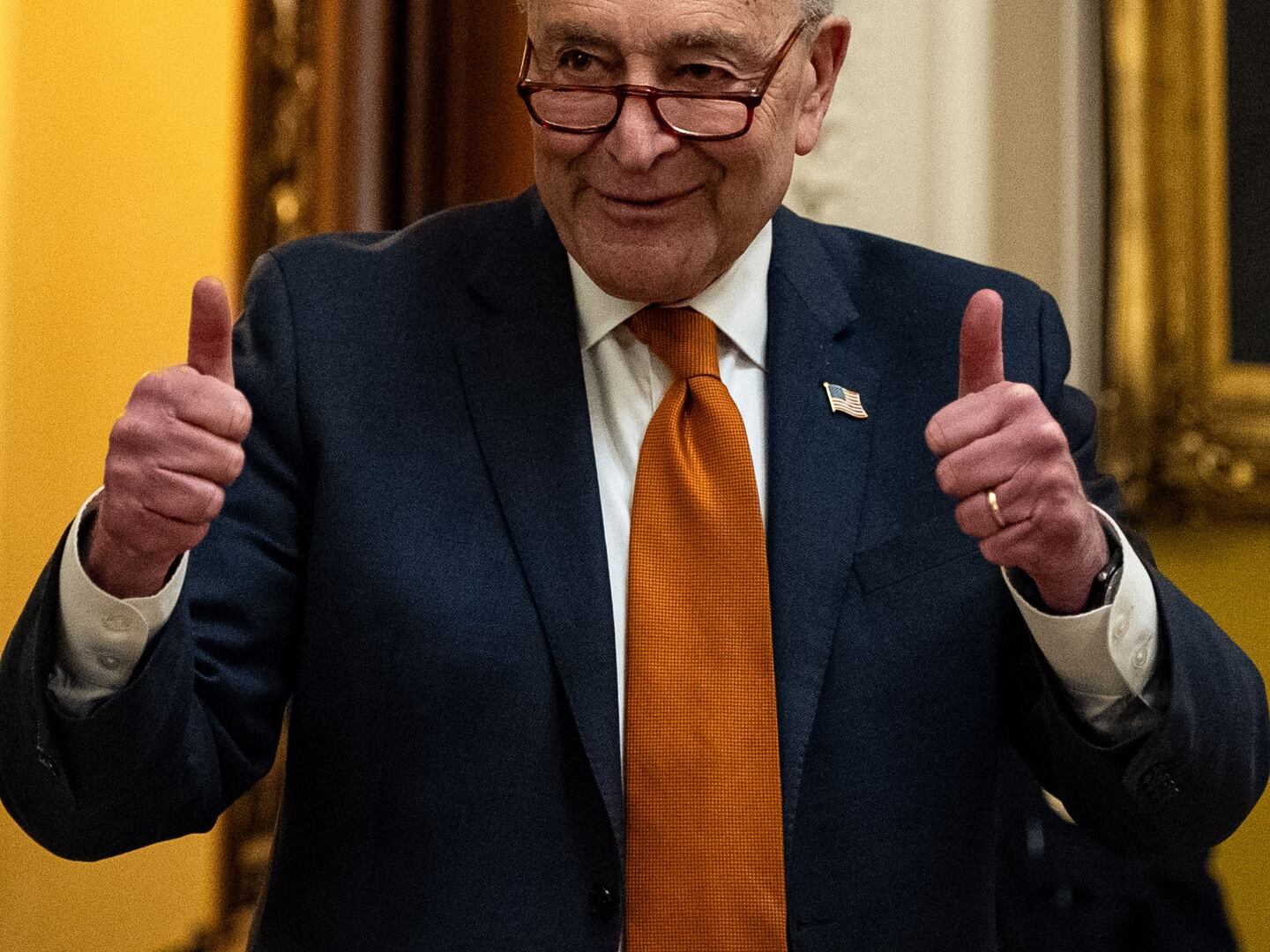Awards Shows
Hilary Bronwyn Gayle/Paramount Pictures
What George Clooney’s ‘Suburbicon’ Gets Wrong About Race Relations in America
THE MORE THINGS CHANGE
The actor-filmmaker’s new 1950s-set satire ‘Suburbicon’ fails to adequately expose America’s ‘original sin.’
opinion






